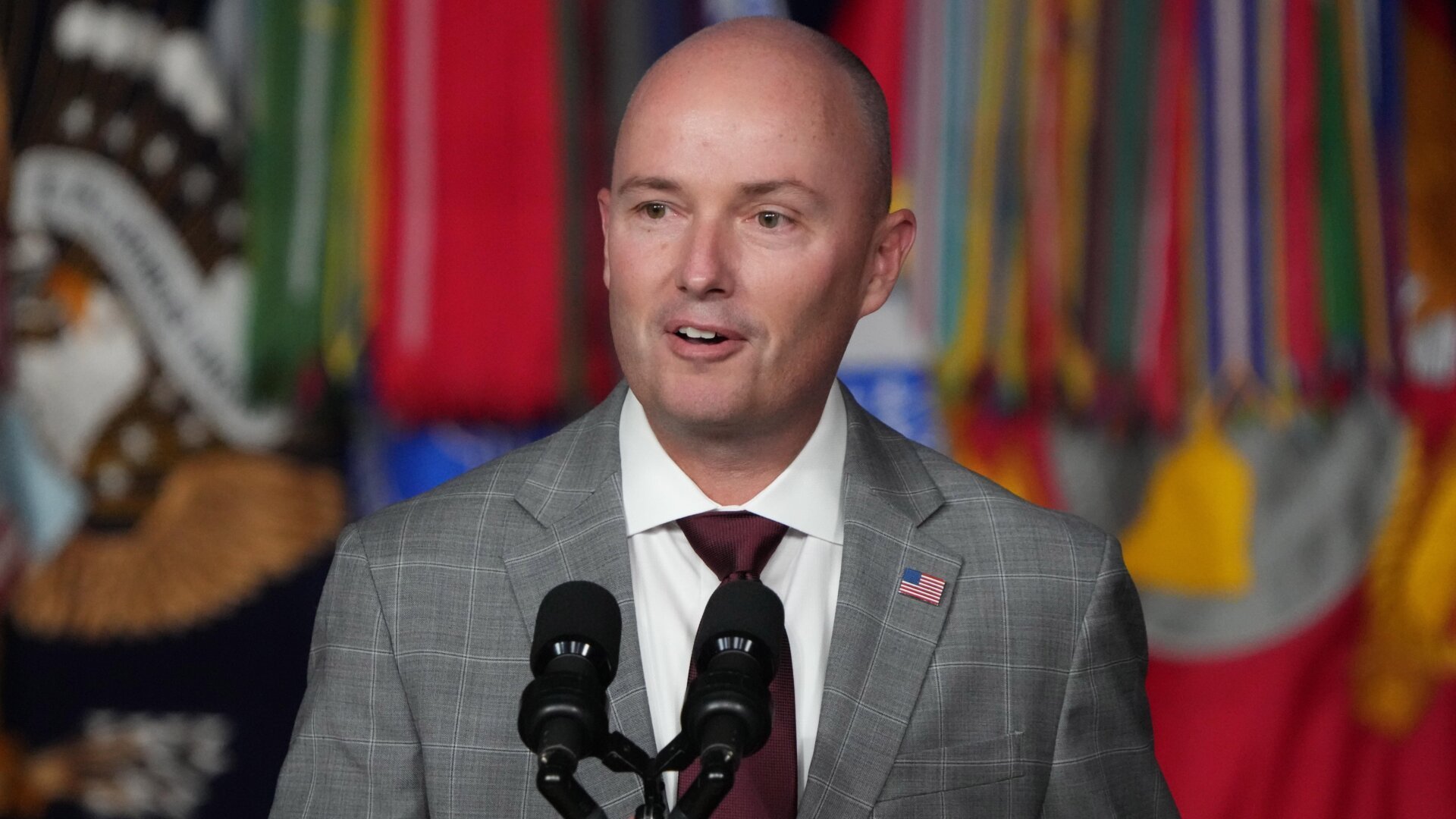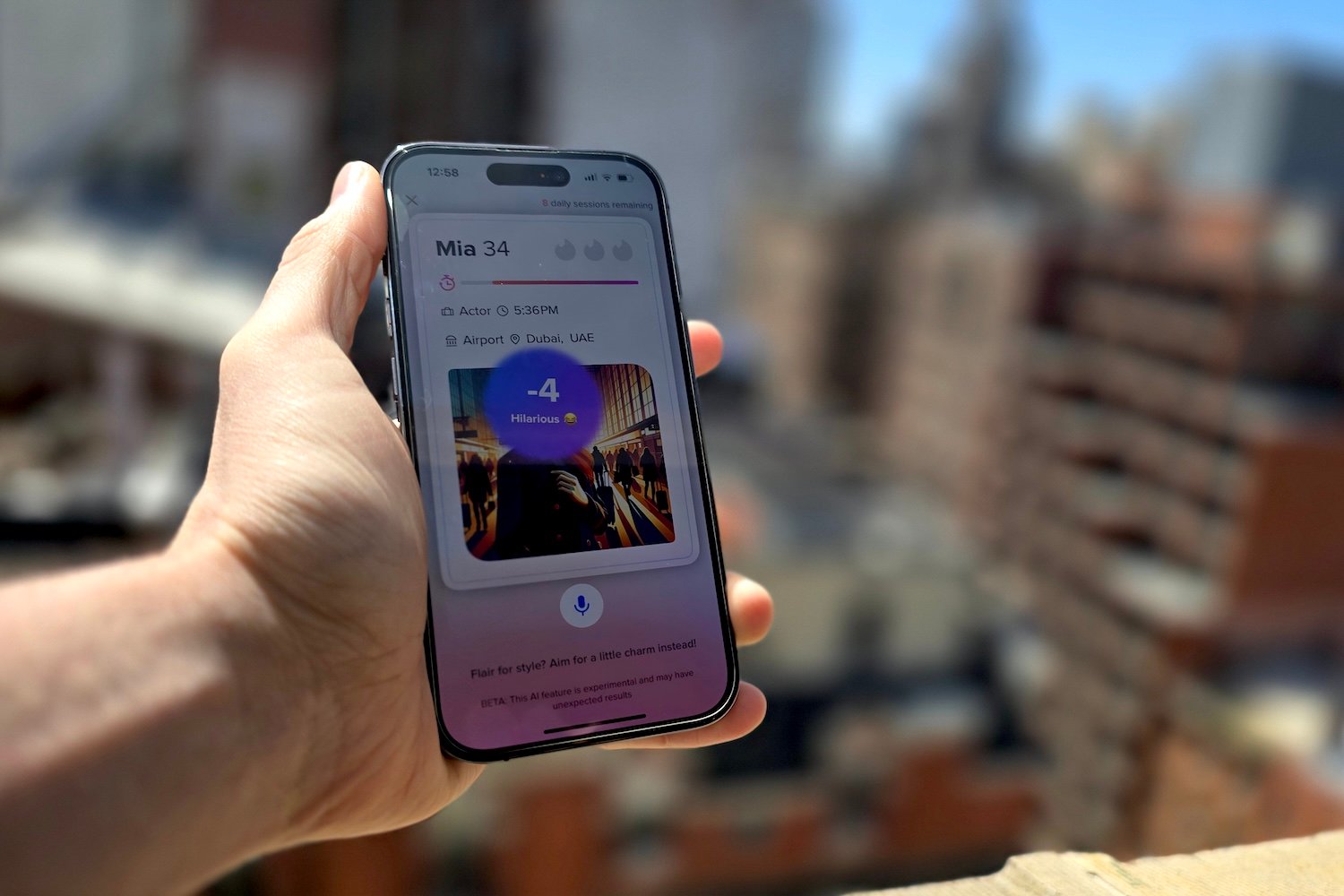The Utah legislature has passed a bill requiring app stores to verify the age and identity of all users, awaiting Governor Spencer Cox’s signature. This follows a similar bill last year, blocked by a federal judge due to First Amendment concerns. This new legislation aims to restrict youth access to social media, aligning with Governor Cox’s critical stance on teen social media usage.
Restricting Youth Access to Social Media
This bill reflects a global trend of governments attempting to regulate teen social media use, citing concerns about developmental harm and cyberbullying. Australia recently banned children under 16 from social media, while the UK’s Online Safety Act mandates platforms prevent age-inappropriate content exposure. Proponents argue that restricting social media access mirrors restrictions on alcohol and tobacco, protecting developing minds. U.S. Surgeon General Vivek Murthy has suggested warning labels on platforms highlighting potential mental health risks for adolescents. However, he also acknowledges the reported benefits of social media, such as fostering community and belonging, exemplified by trends like TikTok’s #BookTok.
Privacy Implications of Mandatory ID Checks
Critics argue that mandatory age and identity verification for all users infringes on individual privacy. Similar ID checks for adult websites in Florida, Texas, and Kentucky have led platforms like Pornhub to cease operations in those states to protect user privacy. The 2015 Ashley Madison hack, exposing user data, highlights the risks associated with storing sensitive personal information. Concerns exist about overreaching laws targeting “adult content” and potential misuse to suppress dissenting viewpoints.
Potential Unintended Consequences
Robert Singleton, Senior Director of Government Relations at the Chamber of Progress, criticizes the bill, stating, “This bill invades everyone’s privacy and forces even adults to share sensitive data just to use their own devices.” He believes the bill invites new risks and unintended harm instead of enhancing online safety. Critics also argue such laws might mirror the ineffectiveness of Prohibition, driving restricted content underground to less regulated platforms, potentially increasing risks for both teens and adults. They suggest parental control as a more appropriate mechanism for managing teen social media usage.
/cdn.vox-cdn.com/uploads/chorus_asset/file/24582482/prohibition.jpg”>https://cdn.vox-cdn.com/thumbor/v4-26bX13pG2p_o4wO_d5dQx4I=/1400×0/filters:no_upscale()/cdn.vox-cdn.com/uploads/chorus_asset/file/24582482/prohibition.jpg)
Conclusion: Balancing Safety and Privacy
The Utah bill raises complex questions about balancing online safety for minors with protecting individual privacy rights. While aiming to mitigate potential harms of social media for teens, the broad scope of mandatory age and identity verification raises significant privacy concerns. The potential for unintended consequences, like driving content to unregulated platforms, requires careful consideration. Finding effective solutions that address teen safety without compromising privacy remains a significant challenge.











